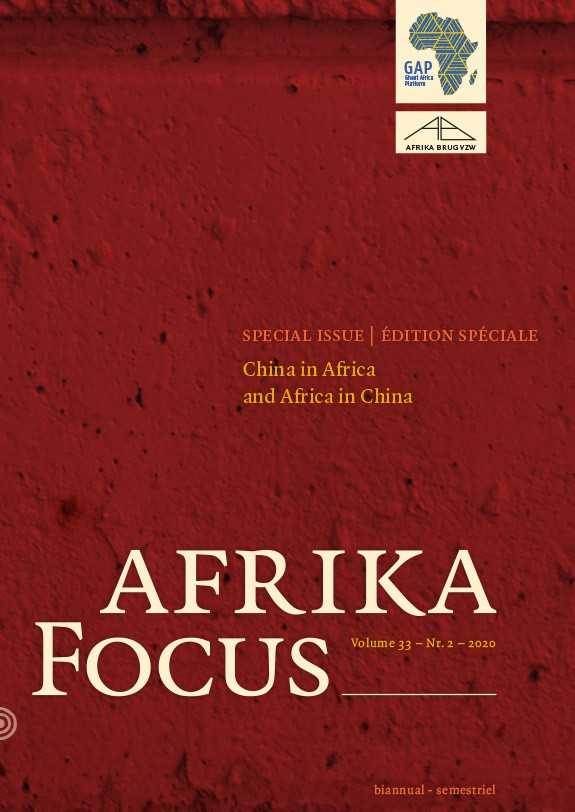Efficacy of the Ekiti State Anti-grazing Law. Key Stakeholders' Perspectives
DOI:
https://doi.org/10.21825/af.v33i2.17580Abstract
The study examines the perceived efficacy of the Ekiti state Anti-grazing Law (EAGL) as a strategy for managing farmers-herders conflict among stakeholders. Quantitative information was obtained from 148 crop farmers and 73 Fulani pastoralists selected through a multi-stage sampling procedure, while a total of five Focus Group Discussion sessions and In-depth Interviews were also conducted. Analyses of results were carried out using frequency counts mean t-test and Tobit regression. A significant proportion (82.4%; 90.4%) of crop farmers and herdsmen, respectively had a high level of knowledge of the EAGL, perceived the EAGL to have substantial limitations (97.3% crop farmers; 100.0% herdsmen) as measures adopted for conflict management, with poor consultation and mobilization of stakeholders as the most rated factor. Also, 70.3% of crop farmers, but only 8.2% of herdsmen rated the efficacy of the EAGL as high. Farmers and herdsmen were significantly different in their perceived limitation (t =12.44) and efficacy (t = 11.84) of the EAGL. Years of experience (β = 0.102), farm size (β = 0.0001), herd size (β = -0.112) and perceived limitation (β = 0.228) and being a crop farmer (β = 6.689) were predictors of the perceived efficacy of the EAGL. A robust stakeholder analysis and engagement is advocated for the sustainable management of conflicts and commons in future interventions. KEY WORDS: PERCEIVED EFFICACY, CROP FARMERS, HERDSMEN, CONFLICTDownloads
Published
How to Cite
Issue
Section
License
Authors who publish with this journal agree to the following terms
Authors retain copyright and grant the journal right of first publication with the work simultaneously licensed under a Creative Commons Attribution License that allows others to share the work with an acknowledgement of the work's authorship and initial publication in this journal.
Authors are able to enter into separate, additional contractual arrangements for the non-exclusive distribution of the journal's published version of the work (e.g., post it to an institutional repository or publish it in a book), with an acknowledgement of its initial publication in this journal.
Authors are permitted and encouraged to post their work online (e.g., in institutional repositories or on their website) prior to and during the submission process, as it can lead to productive exchanges, as well as earlier and greater citation of published work (See The Effect of Open Access).


